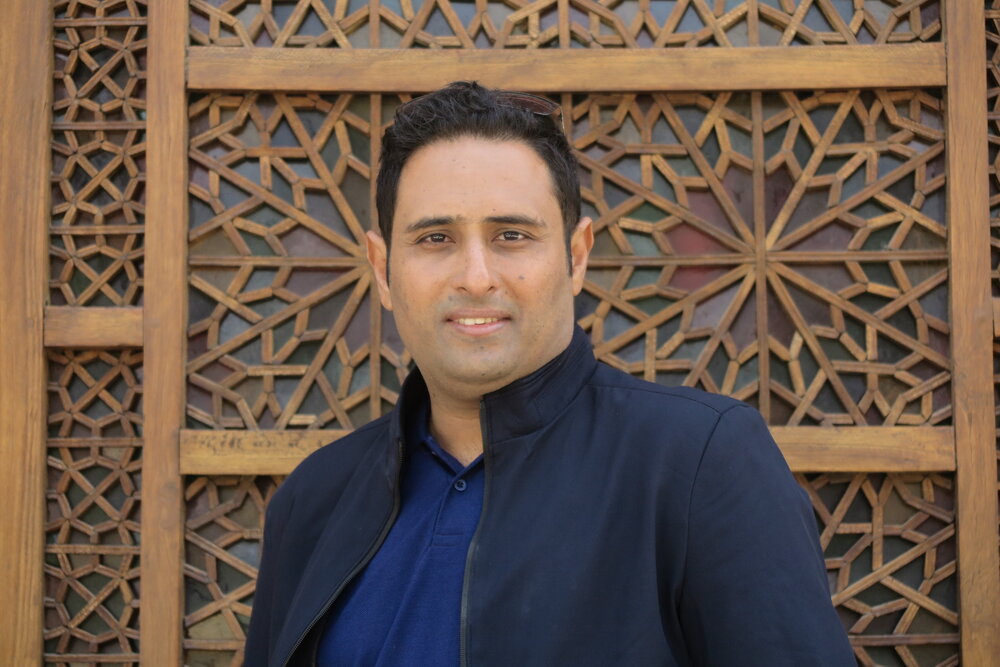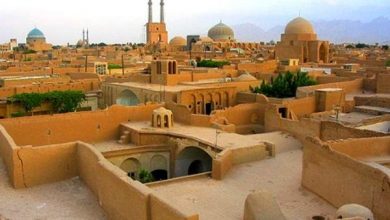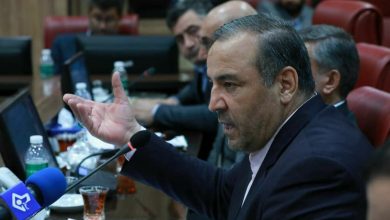
The third and fourth centuries of the Islamic Hijri civilization had a beginning in science and knowledge to the extent that it is known today as the Islamic Renaissance. At that time and era, Muslim elites were taught in every science and gained fame and fortune. Among them are Abu al-Fadl al-Bayhaqi in his history writing, al-Farabi in philosophy, Miskiah al-Raji in practical wisdom, Ibn Sina in medical sciences, Abu al-Qasim al-Firdawsi in wise writing, Khawaja Nizam al-Malik in political writing, Abu Rayhan Biruni in natural sciences, and Sheikh useful. Stars in the sky of Iranian thought and culture In the history of Iranian thought, the place and time of Al-Bahaji have been neglected. History of Bahki is a work filled with important insights that reach political and civic thought. Although Bahçi’s History does not contain a separate chapter on political thought like some other historical writings, it is one of the most important texts for understanding political thought. But assessing and extracting the political content of this historiography is a difficult and exhausting task. “Jawad Tabatabai” who searches in his written project for evidence and sources of political thought in Iran and went to all texts that have a chapter in political thought, believes in the Bahki method in dealing with history. Among the historical writings that have a separate chapter on political thought, these historical writings cannot be used as a source for the history of political thought. Because it requires the design and description of a model that has nothing to do with models based on Orientalism and literary influences. Since this form is not available until further notice, Tabatabai does not even deal in his works with the history of al-Bayhighi, which has the same importance as the Shahnameh for Ferdowsi in the golden age of Iranian culture, and ignores it. Of course, in the book “The Decline of Political Thought in Iran” and “An Introduction to the Theory of Regression in Iran” recently published, Abul Fadl al-Bayhiki is mentioned as an innovative writer in the way of historical writing. Iran. According to Tabatabai, the primary history is the date in which the formation and continuation of the national consciousness of the Iranian people takes place, and this is rare in the history of our thought, and the history of al-Bayhighi is a violation of actions from this point of view. . Although basic history is a common term between al-Bayhiji and al-Tabatabai, it goes without saying that Abu al-Fadl al-Bayhiji was unable to provide a definition of basic history that could be examined based on new ideas with the historiography of his time. But Tabatabai as a modern thinker points to Bahki’s cognitive treasure in understanding the historical theory of poems. Some of my hunches are so deep that they can be revealed at any moment. Al-Bayhiki’s importance to Tabataba’i lies in the fact that he was the author of a completely different historical treatise before the beginning of the historical decline of Iran. A completely different treatise from the many other historical treatises of low value of the period. This eventually led to the decline of thought at the end of the golden age of Iranian culture. In other words, “the lack of rational historical thinking in Iran in the centuries following the Islamic era, especially with the conquest of the Mongols, destroyed all the cultural elements that remained from the golden age of Iranian culture, history cannot be written. To open a place for the growth of national consciousness of Iranians and at the beginning of a period Dangerous for the history of Iran, as Abul Fadl Bahki said, the legend will sleep, and he said: Do not wake up history.
Tabatabai writes about this part of Bayhaqi’s history: “I have studied the book a lot, especially the news and the church; in the middle of this history, such sleepy and lost words awaken the world. The history of al-Bayhiji, from Tabatabai’s view, is that the history of the awakening is the history of the development of the national awakening, But this historiography is armed not only with knowledge of records, but also with the weapon of Persian prose.” To write history, it is not enough to have material, but such material must also be used in art; Any article to visualize and experience the past that has disappeared before the eyes of future generations, this is the art of Bahji. Among the ancient writings, there are few books that fascinate the reader with the traces of language, and any reader, if he is familiar with the language, can read it enthusiastically and without boredom. Iranian natural eloquence and warm and desirable beauty in simplicity. This is an excellent example of the art of composition of the ancients who had a language like living nature, simple and wonderful, from contact with nature. In Bayhaqi’s book there are various examples of articles and excerpts which are considered as evidence of the competence of the Persian language in terms of rhetoric.
According to Sayyid Khalil Khatib Rahbar, Bahki used an easy and disciplined style in writing his history, and on the other hand he was an artist in combining Persian words. Also, some of the simple and compound words in this book show Al-Bahiji’s proficiency in writing and his knowledge of Persian grammar rules. quiet, stupid, secure, loud, gentle, sensitive, awkward, innocent, old, simple, old, vagabond, old, stubborn, relaxed, straightforward, shy, small, aloof, aggressive, loud, immature, darling, gated, unruly unwanted, anxious, unruly, bearded, bodied and bodied, stubborn, boisterous, evasive, harsh expression, daytime, tender-hearted, newborn, newborn and newborn, not only doubles the pleasure of reading the history of Bahki, but also makes a wonderful exposition of the foundations of Historical thought and formation. From Persian prose
6565









